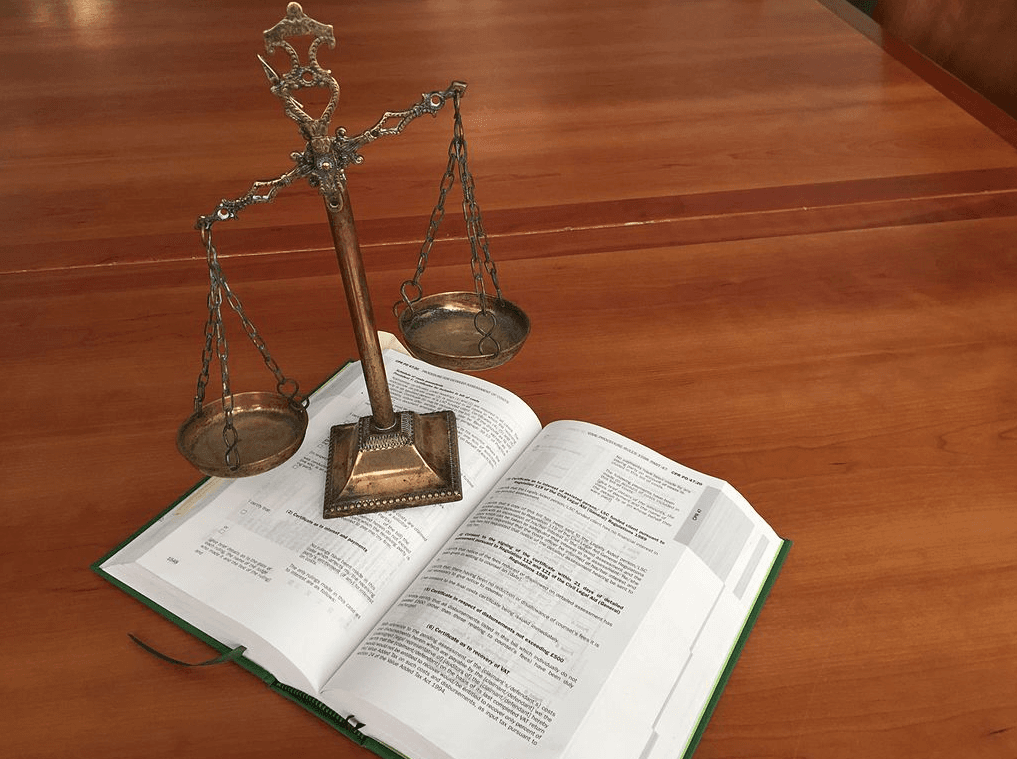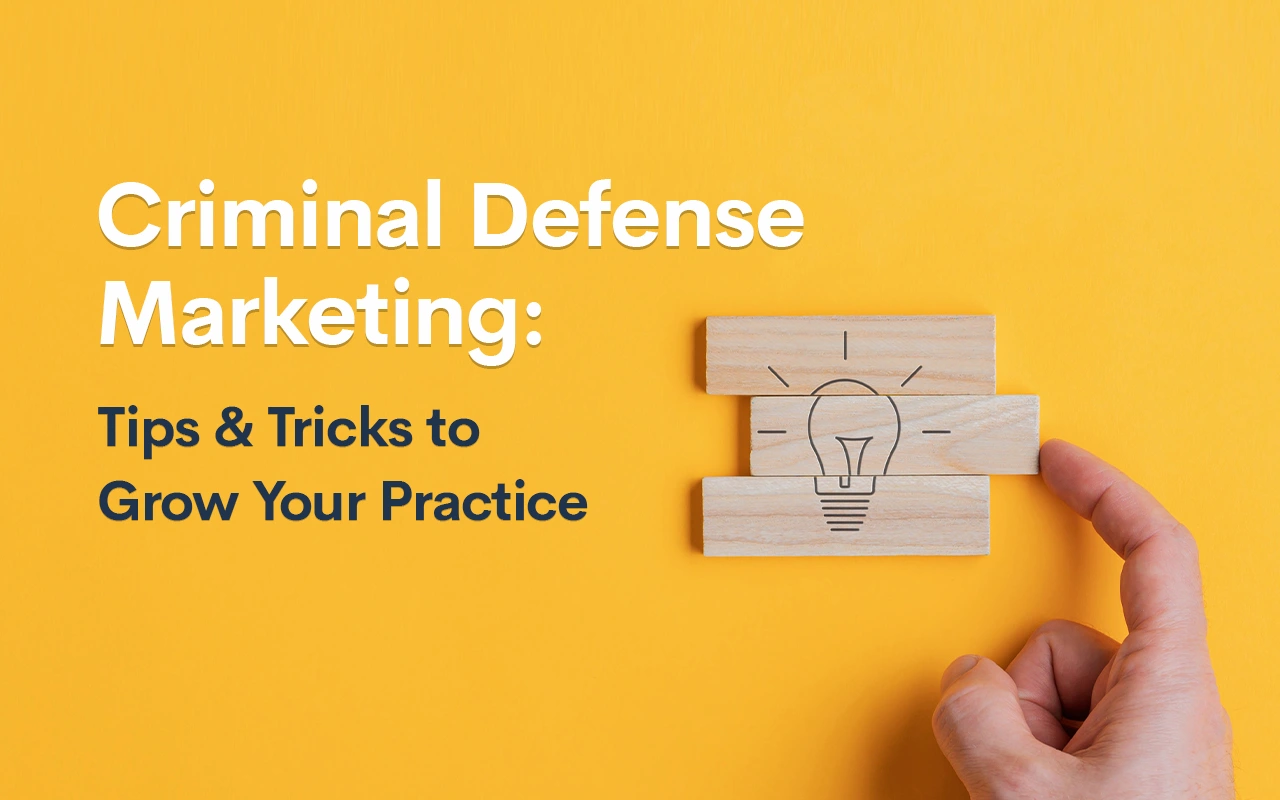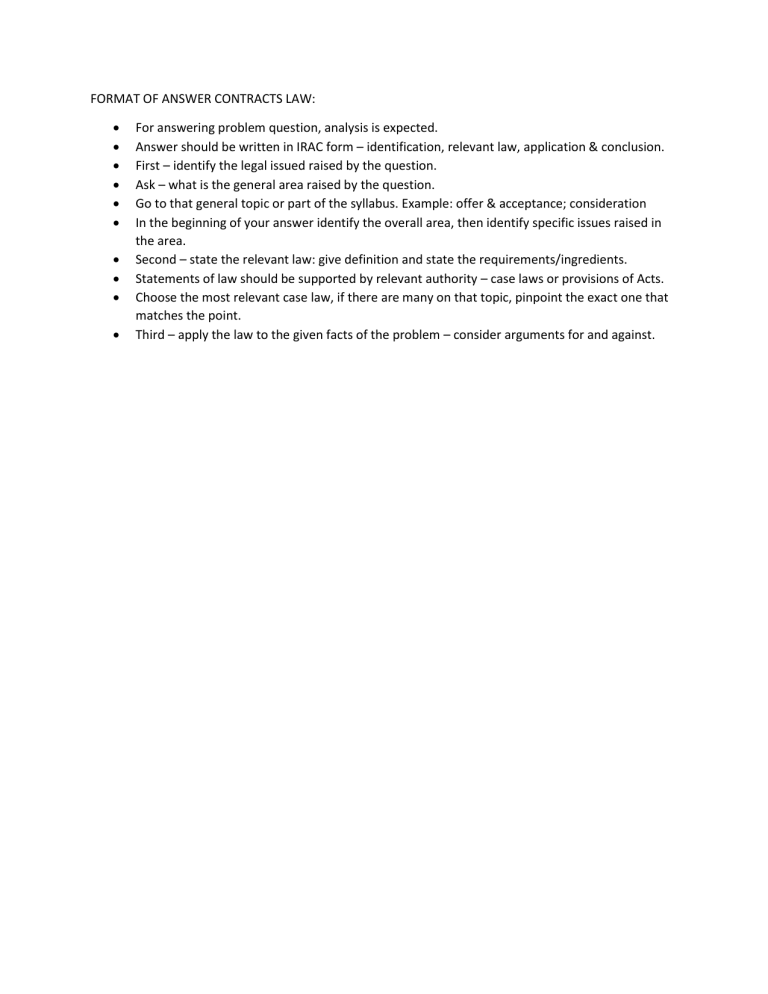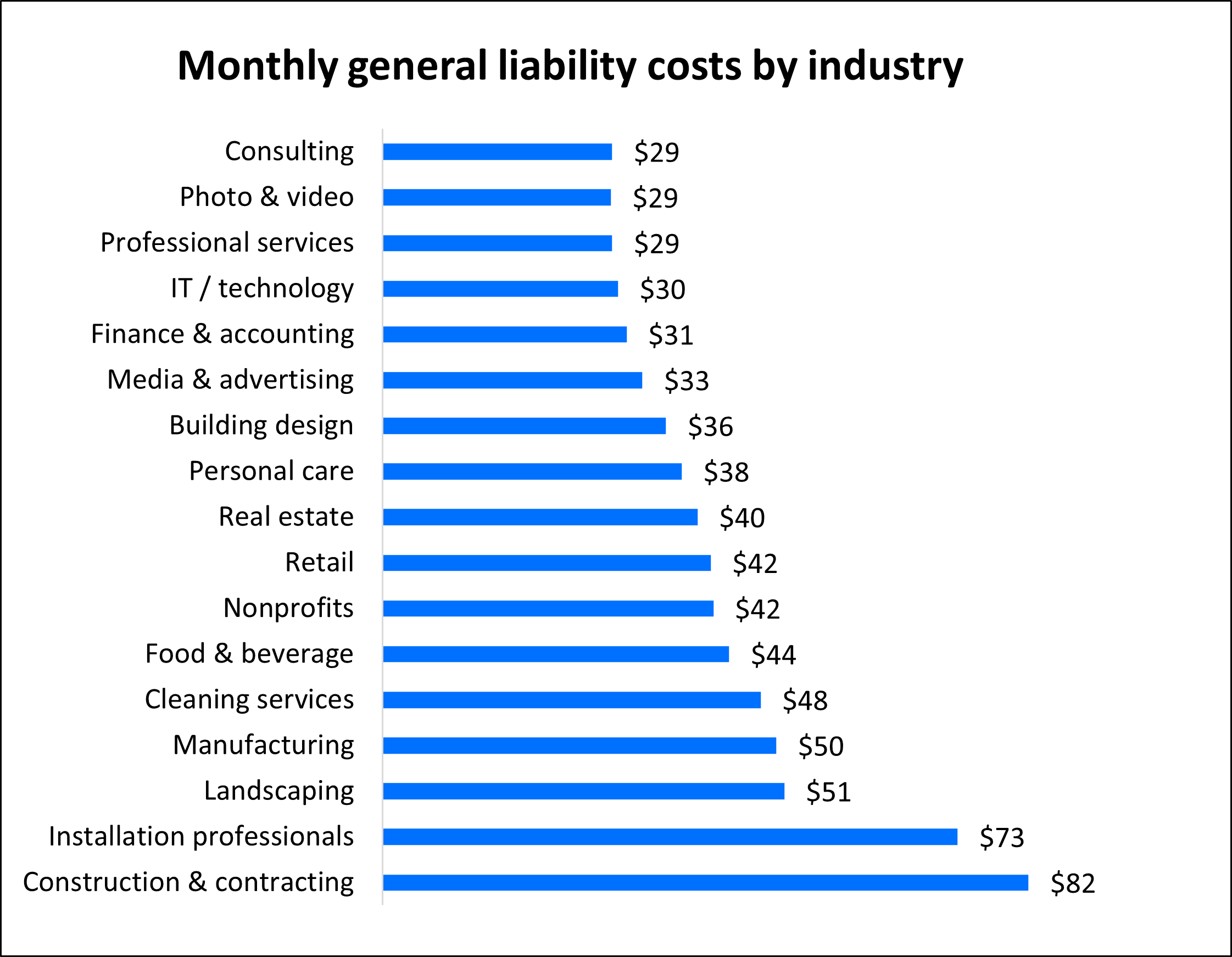
Setting Legal Boundaries: Understanding Precedent in Law
Navigating Legal Boundaries: Introduction
Legal precedent, the practice of courts following decisions from previous cases, is a fundamental aspect of the legal system. This article provides a comprehensive exploration of legal precedent, shedding light on its significance, how it evolves, and its impact on shaping the laws that govern us.
The Foundation of Legal Precedent: Stare Decisis
At the core of legal precedent is the principle of stare decisis, a Latin term meaning “to stand by things decided.” This principle dictates that once a court has decided a legal issue, future cases with similar facts should follow that decision. Stare decisis provides stability and predictability to the legal system.
Binding and Persuasive Precedent: Understanding the Hierarchy
Legal precedent comes in two main forms: binding and persuasive. Binding precedent is mandatory and must be followed by lower courts within the same jurisdiction. Persuasive precedent, while not binding, carries weight and can influence decisions. Understanding this hierarchy is crucial for legal practitioners navigating the complexities of precedent.
Evolution of Precedent: Adapting to Changing Times
Legal precedent is not static; it evolves to adapt to changing societal norms and values. As new cases emerge, courts have the opportunity to modify or overturn previous decisions. This adaptability ensures that the legal system remains relevant and reflective of the dynamic nature of law and society.
Overruling and Distinguishing Precedent: Navigating Exceptions
Courts have mechanisms for handling situations where precedent needs modification. Overruling occurs when a higher court overturns a precedent set by a lower court. Distinguishing, on the other hand, involves highlighting the differences in the facts of the current case from the precedent, allowing for a nuanced decision.
Precedent in Different Legal Systems: Global Perspectives
Legal precedent is a feature in various legal systems worldwide, but its application can vary. Common law systems heavily rely on precedent, while civil law systems emphasize codified statutes. Understanding the global perspectives on legal precedent provides insights into the diversity of legal traditions.
Challenges and Criticisms: Balancing Stability and Progress
While legal precedent is crucial for stability and consistency, it is not without challenges and criticisms. Some argue that it can impede progress and justice in rapidly evolving societies. Striking the right balance between stability and progress remains a perpetual challenge for legal systems.
Landmark Cases: Shaping Legal Landscapes
Certain cases become landmark decisions that significantly impact legal landscapes. These cases, often heard by higher courts, set precedents that influence subsequent rulings and legislation. Landmark cases play a crucial role in shaping the direction of the law and addressing pressing societal issues.
The Role of Legal Professionals: Navigating Precedent in Practice
Legal professionals, including judges and attorneys, play a pivotal role in navigating legal precedent. They must skillfully analyze precedent, distinguish relevant cases, and present persuasive arguments based on established legal principles. The effective application of precedent requires a nuanced understanding of the law.
High Point Family Law: Expert Guidance on Legal Precedent
For expert guidance on legal precedent and its application in family law matters, High Point Family Law stands as a reliable resource. Our team offers insights and assistance in navigating legal complexities. Visit Legal Precedent for expert guidance tailored to your specific legal needs.
In conclusion, legal precedent is a cornerstone of the legal system, providing stability, predictability, and adaptability. From understanding the principle of stare decisis to grappling with challenges and criticisms, legal professionals and the public alike benefit from a nuanced comprehension of legal precedent. High Point Family Law serves as a valuable resource for those seeking expert guidance in family law matters influenced by legal precedent. Visit Legal Precedent for ongoing support and insights.









:max_bytes(150000):strip_icc()/Term-b-business-plan-70c26342d5374095b3cd7e860d016168.jpg)
